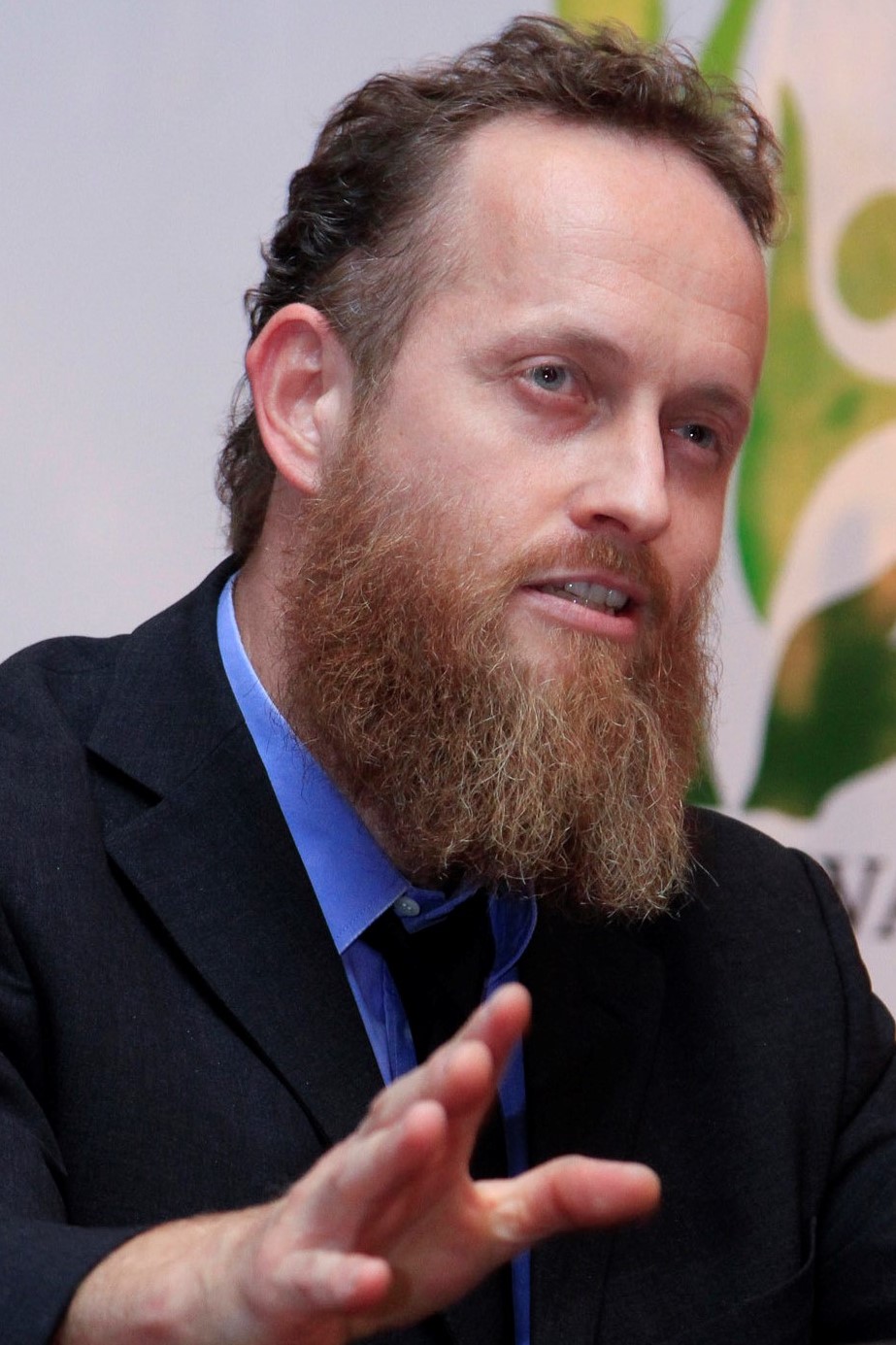Public health systems have been overwhelmed by the Covid-19 pandemic, especially in low-income countries, and private healthcare and health insurance are out of the reach of most people. Islamic Relief’s Dr Mohammed Kroessin asks what role financial protection can play.

Financial protection is at the core of universal healthcare as it shelters people from illness-induced financial hardship and helps them to retain their living standards. Out-of-pocket payments for health can cause households to incur huge expenditures, which in turn can push them into poverty — even prior to Covid-19. But the role of health insurance has now been brought into dramatic focus.
Key to effective financial protection is to ensure affordability, prepayment and pooling of resources for health, rather than relying on people paying for health services out-of-pocket at the time of use. In the past, the challenge of commercial viability of microinsurance was the main obstacle limiting progress.
However, Covid-19 has seen governments provide unprecedented financial support to protect lives and livelihoods, which may mark a turning point as to how insurance is perceived and funded.
Given that microfinance providers have often been the leading advocates for different types of affordable financial protection, ranging from income to repayment insurance, it is reasonable to involve them in the debate around universal health insurance in low income countries during this crisis.
Hope on the horizon — a Covid-19 Takaful in Pakistan?
As the pandemic is now unfortunately spreading to the Indian subcontinent, Pakistan’s public healthcare system is under considerable strain. Non-governmental organisations (NGOs) have started to support a number of initiatives to provide public hygiene, health, emergency cash and food.
Microfinance service providers such as Akhuwat have also started to provide interest-free Covid-19 loans with long repayment periods.
The international NGO Islamic Relief, which is also running a small financial inclusion and microenterprise programme, is exploring a new financial protection scheme. The concept envisages groups of 10–20 members each creating a Waqf-based Takaful to address financial hardship caused by the pandemic.
The primary aim of the Takaful, based on small participant contributions and additional donor risk capital, would enable participants to reach out to commercial healthcare providers for diagnosis and treatment of Covid-19.
This would only be a small proportion of the overall Takaful participants, given that less than 15% suffer severe infection, requiring hospitalisation, and only 5% are critical infections requiring more invasive clinical ventilation. This redirecting of poor patients to otherwise unaffordable private healthcare providers would aid the public healthcare system that is overburdened and on the brink of collapse to regain its footing.
The secondary aim of the Takaful would be, if financially feasible, to provide coverage against the collapse of owner-run microbusinesses due to the lockdown imposed due to the pandemic.
More challenging because of covariate risk affecting the wider population, payouts from the Takaful pool could also protect microentrepreneurs from selling productive assets such as land or tools and therefore support eventual economic recovery.
Given the combination of public funds pouring into the survival of economies and an anticipated tightening of the purse strings, financial protection instruments might be unusual but financially prudent tools in the fight against the coronavirus.
This article was first published in Islamic Finance News on 24 June 2020.










